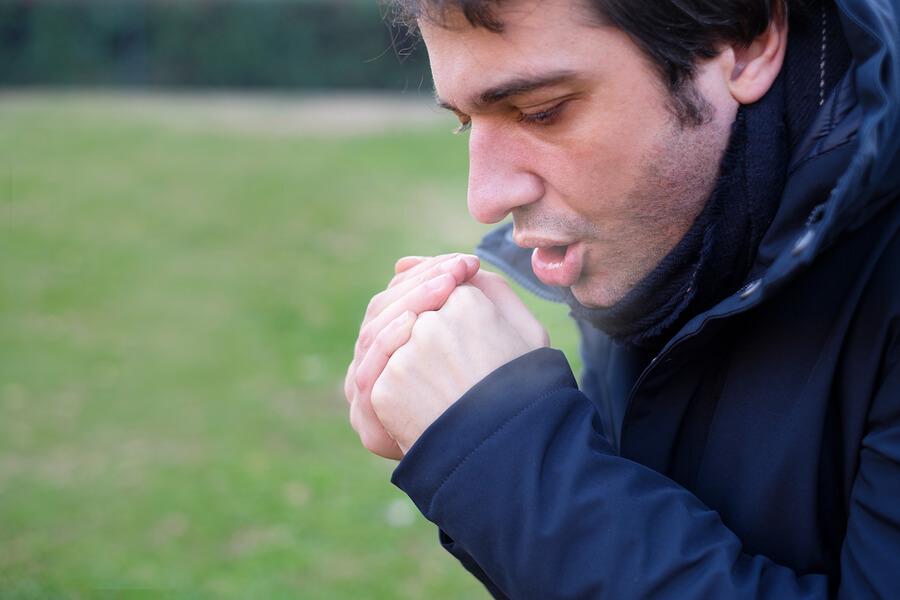Factors That Can Worsen Asthma Symptoms During Winter
Whether it is icy-cold or just a bit chilly, asthma can be hard to control. Studies have found that when temperatures drop, those who have asthma may notice more symptoms. There are several reasons why cold weather can worsen asthma symptoms:

- When you breathe in cold air, it can irritate the airways and make their muscles go into a spasm. As a result, it can cause asthma symptoms such as tightness in your chest, wheezing, coughing, and shortness of breath.
- When asthmatic people exercise in cold weather, they may not be able to warm the air before it reaches the lungs. Because the body keeps its internal organs warm, cold air can shock the lungs, and in response, the lungs can become inflamed and can lead to an asthma attack.
- Cold air is usually dehydrated and can cause airway dryness, which can lead to severe asthma attacks.
- Besides, during cold days, air pollution can be worse and can trigger asthma symptoms.
- Worse still, during winter, a lot more cold and flu viruses come along, causing respiratory tract infections that can exacerbate asthma symptoms and make winter months miserable for asthmatic individuals.
If people who have asthma can adequately prepare for the winter months, they can effectively prevent or manage the symptoms, and improve their quality of life during the cold months.
How to Manage Asthma Symptoms During Winter
Although it is not possible to completely get rid of asthma symptoms during winter, there are several things you can do to minimize the likelihood of asthma attacks and live an enjoyable life. If you want to avoid being miserable this winter, here are some things you should plan to do:
- Choose indoors exercises instead of outdoor ones. Individuals who have asthma can experience shortness of breath when they exercise in cold weather. Indoor activities such as swimming and fitness classes may be better options for you.
- Take your regular asthma medication, typically a preventer inhaler, ten to fifteen minutes before you exercise or leave the house. When travelling, always carry your reliever inhaler so that you are ready just in case symptoms come on.
- It is also advisable to have a written asthma action plan so that every time you can be aware of what to do if cold weather sets off your symptoms.
- If you are planning to be outside, bundle yourself up appropriately for the winter weather – cover both your nose and mouth with a loose scarf to protect your airways before you go out. Wearing a free scarf will help the air to warm before you breathe it in. It will also stop your airways from getting a shock of cold air when you move from a warm place out to the cold.
- Use saline sprays, decongestants, and irrigation to clear your nasal passages. But if you realize the symptoms are getting worse, catch up with your doctor for asthma treatment.
- When the weather is freezing and dry, and you are on your symptomatic days, stay indoors. You can also invest in a humidifier, which can help ease breathing, particularly when the indoor air has become dry, but make sure the filters and reservoirs are clean.
- For the best protection throughout the flu season, get yourself a flu vaccine. Talk to your doctor about the right medication for you and whether you need vaccination against pneumonia.
- Keep your hands clean and keep them away from your face. Wash your hands for at least twenty seconds and make use of sanitizers when you are out and about. Cold and flu viruses get onto our hands, for example by touching a door handle, then onto the eyes, nose, or mouth, and that is how we transfer them.
If you follow the above advice, you will have a better opportunity to manage your asthma and enjoy the cold season as you should, without asthma attacks.


